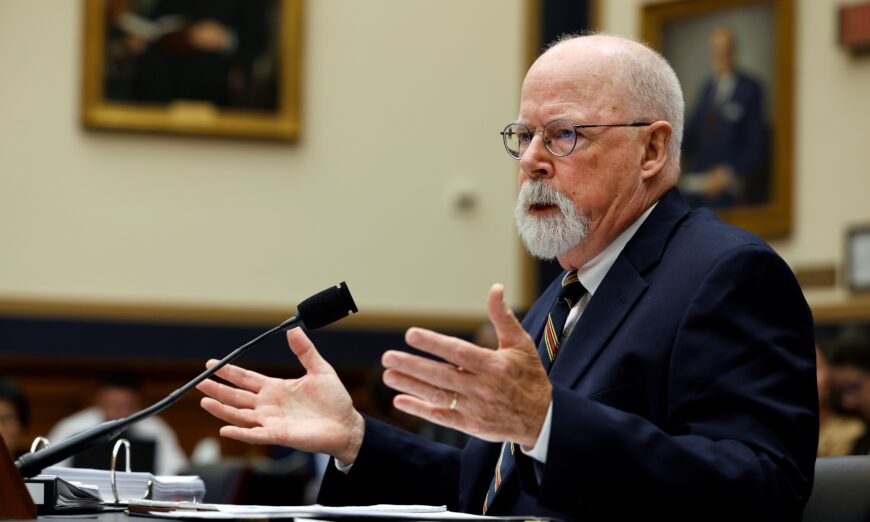‘Serial Litigant’ Testifies as Congress Debates Wildfire Fixes
Lawmakers disagreed on Rep. Matt Rosendale’s ( R-Mont ) bill. The Forest Information Reform ( FIR ) Act is being debated over whether an environmental lawyer who is against it qualifies as a” serial litigator” or” assarial justice warrior.”
The Federal Lands Subcommittee of Natural Resources Committee met for the first time this Congress and discussed four expenses, including the FIR Act.
The hearing, according to the Republicans who currently control the House, will” advance real, practical solutions to address the most tapping crisis facing our national forests: fatal wildfires.”
The contentious 2015 Cottonwood choice may be overturned by the FIR Act. While proponents view that decision as a necessary step forward in the protection of vulnerable species and habitats, critics view it as an impediment to managing many of the country’s overgrown forests.
Cottonwood requires the Forest Service to resume interviews with the Fish and Wildlife Service in a variety of occasions after being decided in the Ninth Circuit, which rules over Alaska, California, and much of the western United States. In actuality, this gives environmental groups in the Ninth Circuit’s control more time to file claims.
Importantly, Cottonwood is not applicable to European states in the neighboring Tenth District, which causes confusion and discrepancies across nearby federal land areas.
Rep. Tom Tiffany( R – Wisc ) said,” This should not be a partisan issue.” who serves as the subcommittee’s chair.
He emphasized that Cottonwood was attempted to be rolled back by both Obama and Trump.
A 2018 bus bill’s present partial repair for Cottonwood expires on March 23.
According to Rosendale, his legislation would” prevent the Forest Service from facing a perpetual cycle of litigation ,” so there needs to be an ongoing solution.
Major fires in Montana and New Mexico were blamed by him and his colleagues for delays that could really be attributed to Cottonwood.
Serial Justice Warrior or Serial Litigant Testifies
The presence of testimony Susan Jane Brown, a member of the subcommittee’s Democrats, was viewed favorably.
Brown teaches at Lewis & Clark Law School in Portland, Oregon, and is a prosecutor with the Western Environmental Law Center.
The Cottonwood Environmental Law Center is listed as one of the” people and partners” by the Western Environmental Legal Center, which is the plaintiff in the sycamore choice.
Tiffany spoke from behind a limited high stacks of papers, referring to Brown’s” almost sixty energetic and pending lawsuits” documentation.
He described Brown as a” prolific litigant.”
Rep. Sydney Kamlager-Dove( D-California ), who was acting in place of Ranking Member Joe Neguse( Clo. ), had a different perspective.
Brown was referred to as a” sequential justice hero” by her.
According to Kamlager-Dove, the FIR Act” could be really difficult for just listed species and for adapting management programs as the effects of climate change grow.”
Instead of starting the conversation system over from scratch, Rosendale argued that his bill would allow the Forest Service to” include new content” into their programs, including about species that had just been added to the Endangered Species Act.
Rep. Val Hoyle( D-Ore ) introduced her own Oregonian from behind a keyboard with the sticker reading” Will More of What Makes You Happy” while Tiffany spoke from the shadows of Brown’s legal battle.
According to Brown’s testimony, she was speaking” in defence of the Endangered Species Act.”
She asserted that the FIR Act would violate both the Constitution’s passion and the” long and impressive history of social change” of the United States.
She stated that our republic depends on the enforcement of the laws as a society.
Given how frequently the Forest Service freely reopens consultations, Brown argued that the impending loss of the 2018 Cottonwood repair wasn’t a big deal.
She testified that most reinitiations are finished quickly and that litigation is often necessary to urge compliance with the law.
The Schumer-Manchin reconciliation bill and other recent legislation, according to Brown,” should make the need for H. R. 200 ] the FIR Act” obsolete.
Additionally, she claimed that archaic forest plans were more significant than Cottonwood’s unintended consequences.
Additional Witnesses
The effort to address the Ninth Circuit’s more received more support from other experts who spoke at the receiving.
According to Jonathan Wood of Montana’s Property and Environment Research Center, a free-market economic organization,” Cottonwood may add new hurdles to forest repair.”
The search and restoration company Rocky Mountain Elk Foundation, according to Ryan Bronson,” highly supports” the FIR Act.
The U.S. Department of Agriculture ( USDA )” has concerns” with the bill, according to Chris French, deputy chief of the National Forest System. ( The USDA has a division called the Forest Service. )
He continued by saying that the USDA had” likes to work with the committees” and Rosendale” to resolve those issues.”
Brown had stated that land management plans should be the Forest Services’ top objective rather than Cottonwood, and French also made reference to them.
According to him,” it appears that the bill’s intent— the FIR Act— would enable us to keep concentrating on updating our land management plans while ensuring that wildlife conservation and endangered species safety continue through project-by-project consultation.”
" Conservative News Daily does not always share or support the views and opinions expressed here; they are just those of the writer."



